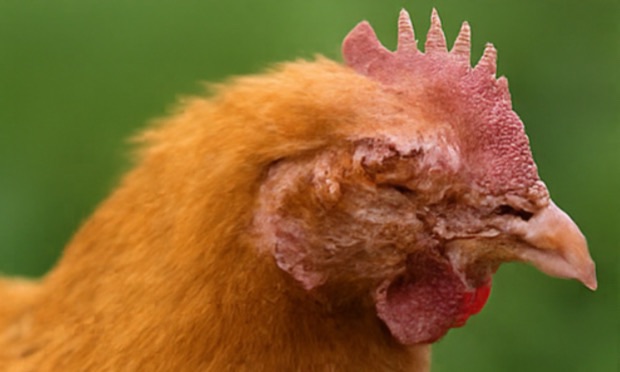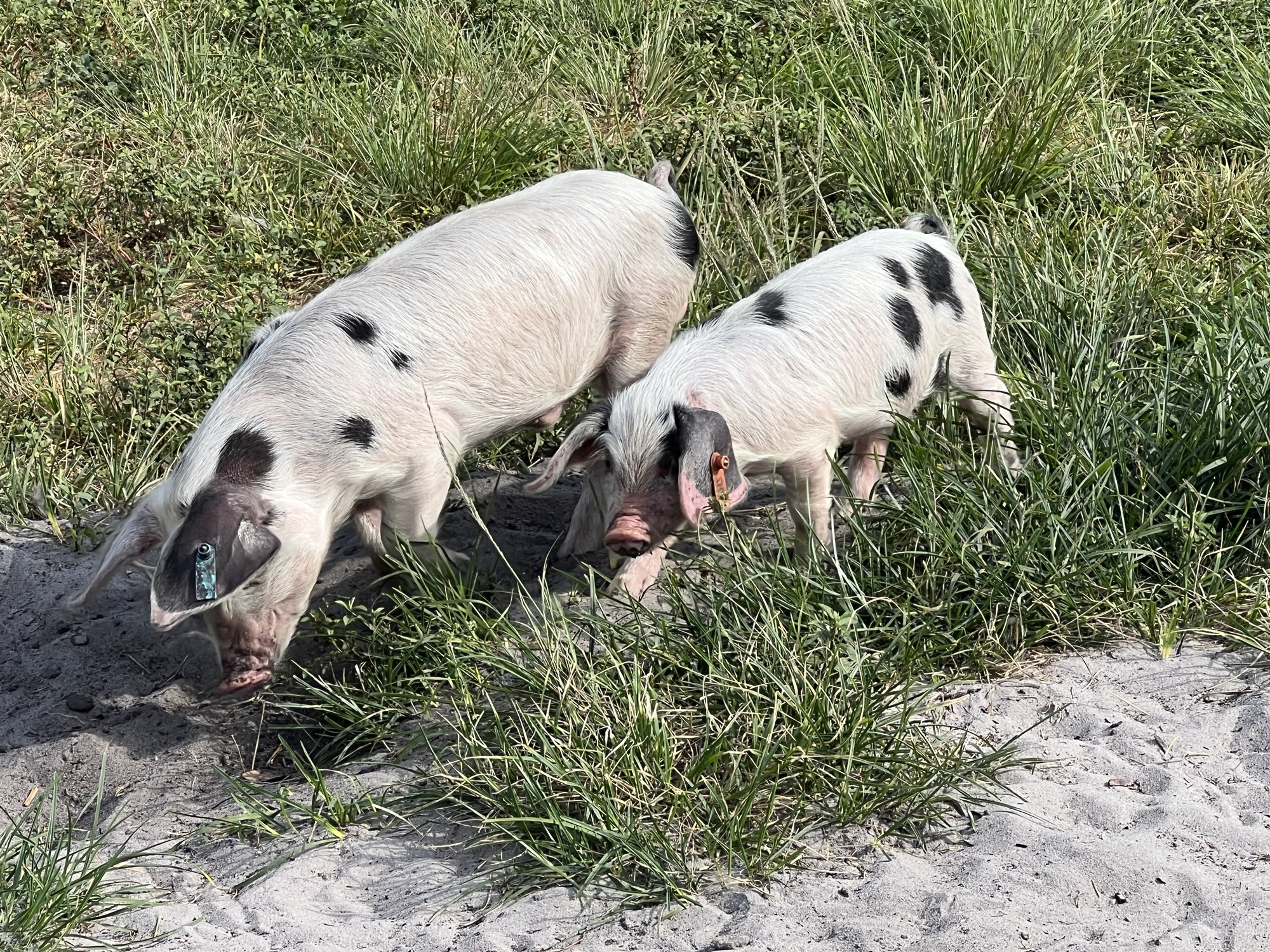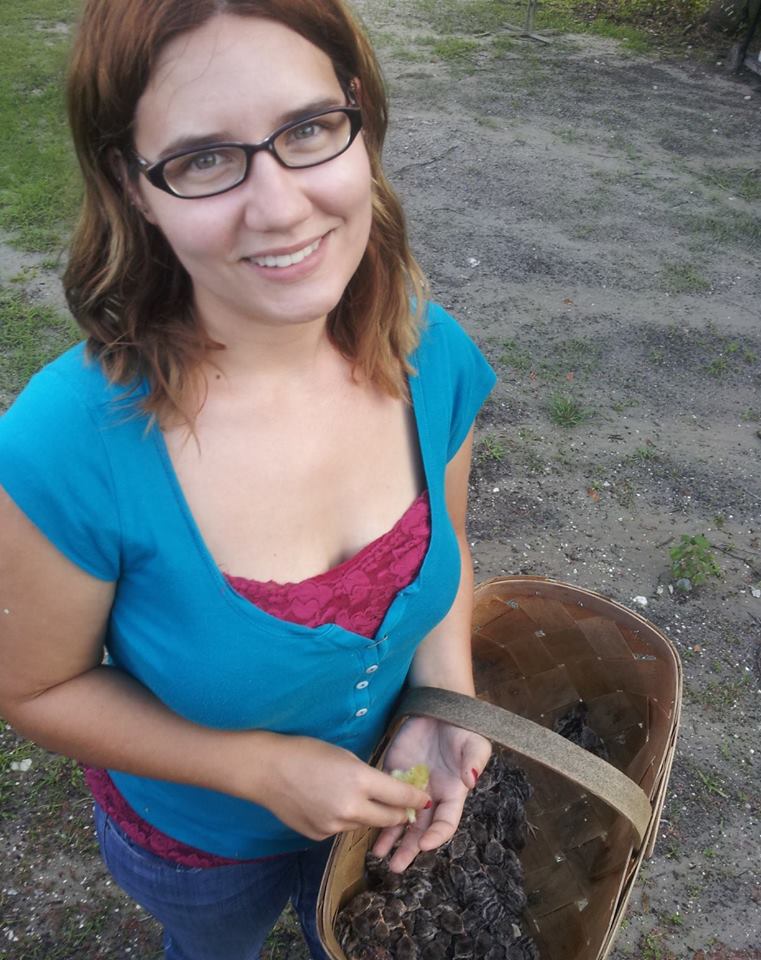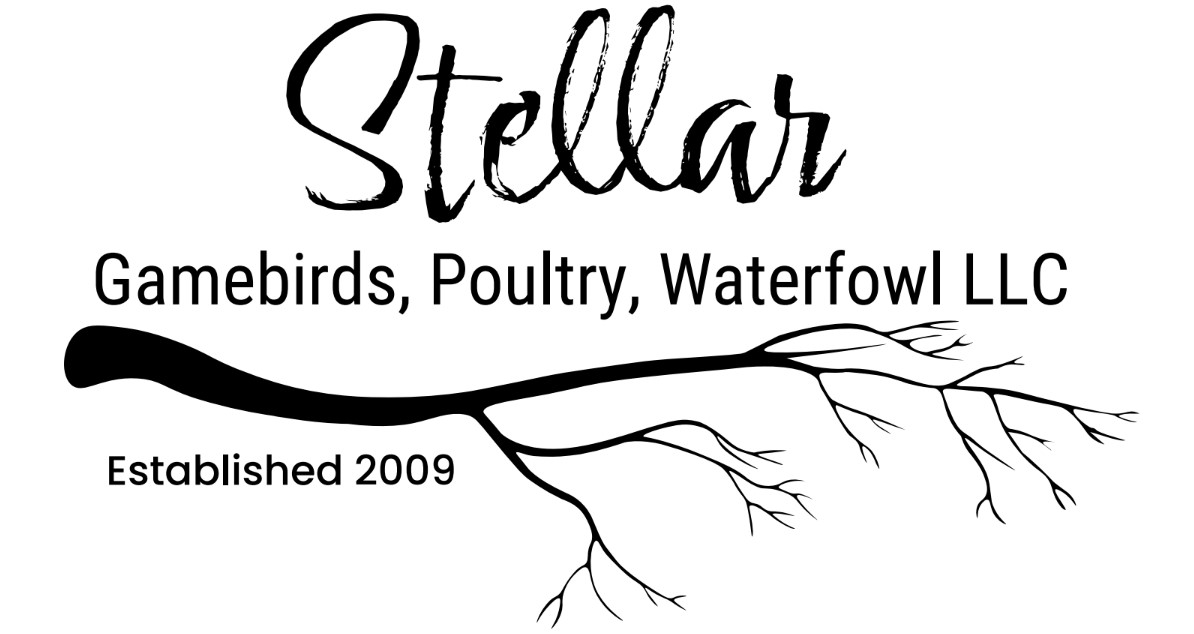As spring approaches, hatcheries nationwide are preparing for the busiest chick season of the year. For many poultry keepers, this is an exciting time to expand their flocks or start a new one. During this time, hatcheries often offer the option to vaccinate chicks for Marek’s Disease. While this may seem like an easy decision, there are some important factors to consider before opting for vaccination.
What is Marek’s Disease?
Marek’s Disease is a highly contagious viral infection caused by a herpesvirus that affects chickens. It can cause tumors, paralysis, immune suppression, and, in severe cases, death. The virus spreads through dander, feathers, and dust, making it easy to transmit within a flock. Once the virus is in the environment, it is almost impossible to eliminate.
How Does the Vaccine Work?
The Marek’s vaccine doesn’t prevent infection or stop the virus from spreading. Instead, it protects chickens from developing the devastating symptoms associated with the disease, such as tumors and paralysis. The vaccine is administered either in ovo (while the chick is still in the egg) or to day-old chicks.
It’s important to note that the vaccine works best when administered before the chick is exposed to the virus. It doesn’t cure birds already infected or showing symptoms.
Pros of Vaccinating for Marek’s
1. Symptom Prevention: Vaccinated birds are much less likely to develop symptoms, reducing losses in the flock.
2. Economic Benefits: For larger operations, vaccination can save money by reducing mortality rates.
3. Peace of Mind: Knowing your birds are vaccinated may reduce worry, especially if Marek’s is common in your area.
The Drawbacks of Vaccinating
While the vaccine can be beneficial, it isn’t without its downsides:
1. Doesn’t Prevent the Virus from Spreading
- Vaccinated birds can still contract and shed the virus, meaning Marek’s can remain in the environment.
2. Ongoing Vaccination Requirements
- Once you introduce vaccinated birds to your property, all future additions must also be vaccinated. This can limit your options when sourcing birds or maintaining a mixed flock of vaccinated and unvaccinated birds.
3. Natural Immunity
- Many chickens naturally carry a form of Marek’s without showing symptoms. By focusing on selective breeding and culling symptomatic birds, some flock owners aim to strengthen natural immunity and hardier genetics.
4. Cost and Handling
- The vaccine requires precise storage and handling, making it less practical for small-scale keepers. It can also add to the cost of acquiring new chicks.
5. Vaccine Stability Concerns
- Some keepers feel the vaccine isn’t entirely stable and worry it could contribute to more virulent strains of Marek’s over time.
Our Farm’s Philosophy on Marek’s Disease
At our farm, we’ve chosen not to vaccinate for Marek’s. We focus on building a healthy flock through selective breeding, proper nutrition, and strict biosecurity. If Marek’s symptoms appear, we cull symptomatic birds to promote natural resilience and stronger genetics in our flock.
While this approach may not work for everyone, it aligns with our long-term goal of maintaining a naturally robust flock. It’s also important to note that many chickens and poultry carry a form of Marek’s virus without showing symptoms. Managing stress, maintaining clean environments, and practicing good flock management can go a long way in preventing outbreaks.
Making the Decision for Your Flock
Choosing whether to vaccinate for Marek’s depends on your flock’s purpose, size, and management style. For those who purchase chicks from hatcheries offering vaccination, consider the following:
- Will you bring in unvaccinated birds in the future?
- Do you have proper biosecurity measures in place?
- Are you prepared for the ongoing requirement of vaccination if you introduce vaccinated birds?
Regardless of your choice, maintaining a clean environment, reducing stress, and ensuring proper nutrition are essential for healthy, thriving birds.
Final Thoughts
As you prepare for spring chick season, take the time to evaluate your flock’s needs and your farm’s goals. Marek’s vaccination can be a useful tool, but it’s not the only way to manage the disease. Whether you vaccinate or not, your commitment to good management practices will make all the difference in the health and success of your flock.
For more resources on poultry health and management, visit our educational blog or reach out—we’re here to help!









